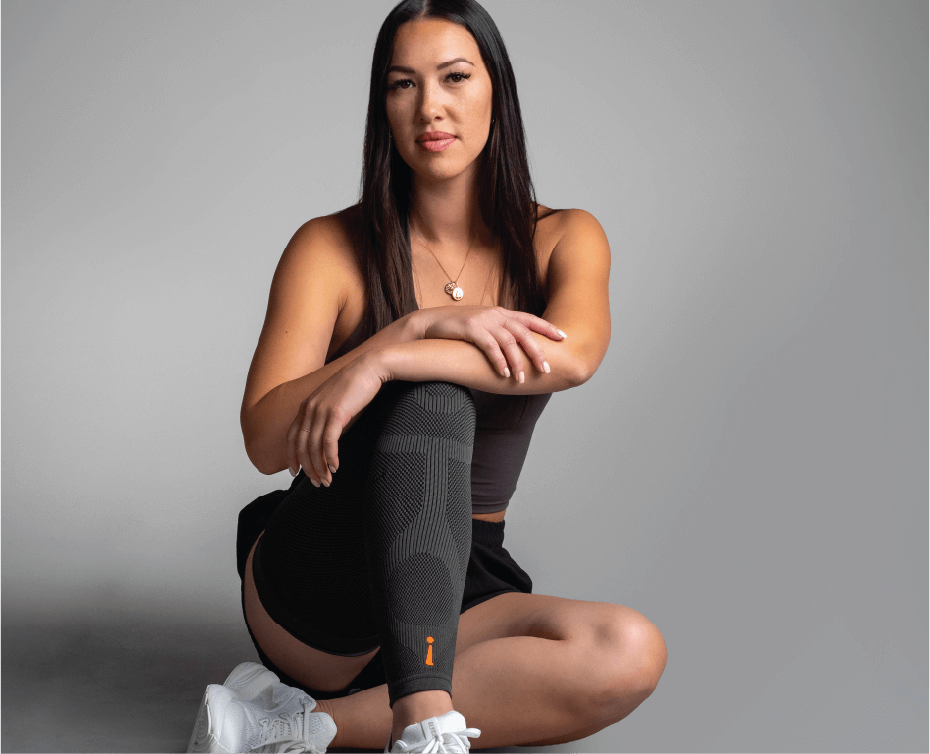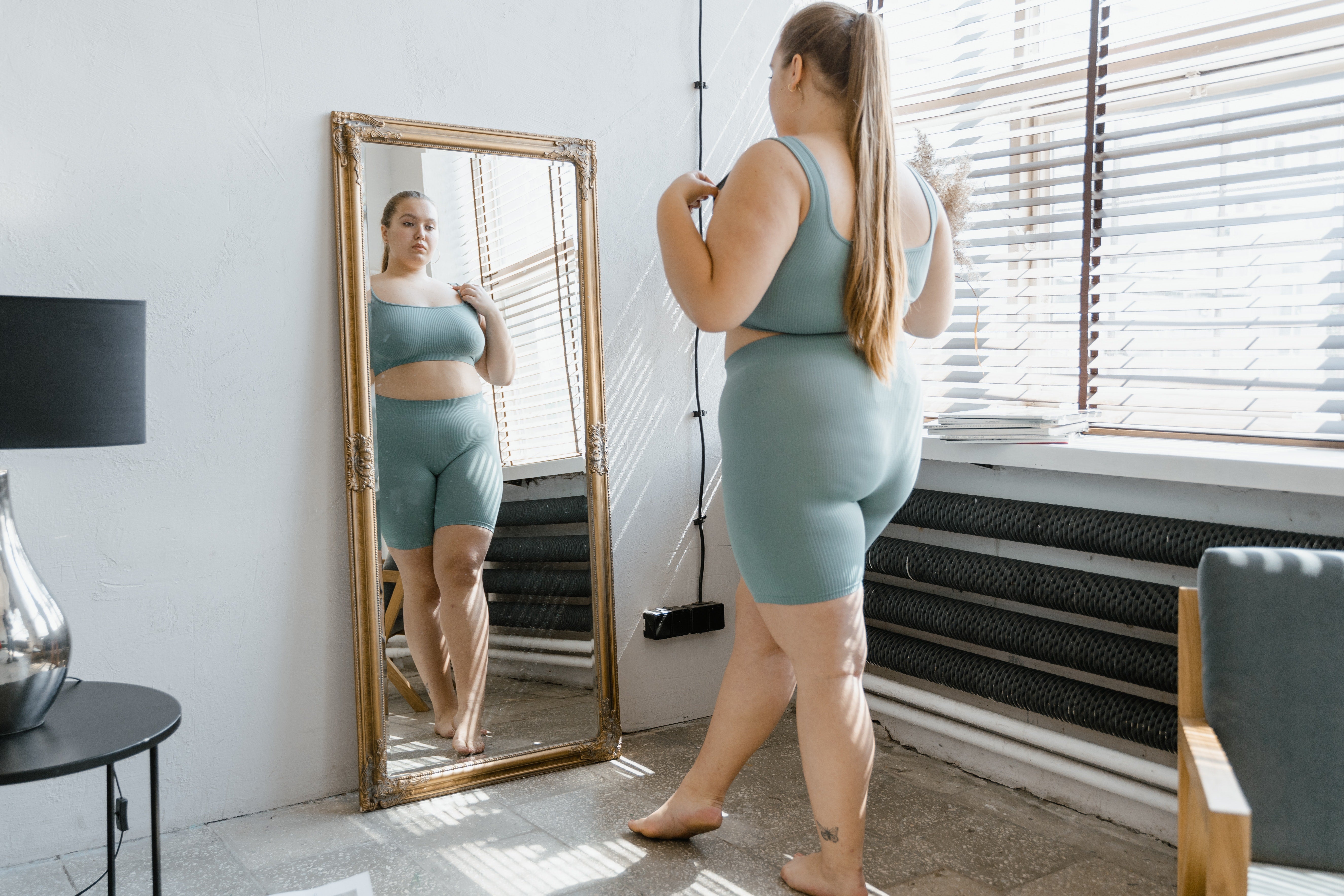Have you ever felt bad about your body? If so, you are in the majority. In fact, according to the organization Break Binge Eating, one study showed that over 70% of women expressed a desire to be thinner (despite most of those women being within a healthy weight range.)
The pandemic lockdown increased these concerns, with almost 1 in 2 adult women feeling more concerned about the way they looked during this time. In addition, nearly 80% of teenage girls say they are afraid of becoming fat.
Men don’t fare much better, though statistically tend to be concerned with muscularity rather than thinness. One study showed that 25% of male children and adolescents were concerned about their muscularity. Another indicated that almost 22% of young men reported engaging in muscle-enhancing behaviors such as eating more or differently, using supplements, and even using steroids.
Changing the Narrative

Changing your relationship with your body is a complicated process and does not happen overnight. Depending on your exact struggles, it may even require the help of a trained professional. If you are engaging in any damaging behaviors such as disordered eating, over-exercising, or steroid misuse, please consult a medical professional before you do anything else.
But regardless of where you are in your journey, there is one small step you can take right now that will help you to start moving towards a healthier body image: change the way you talk about your body.
The things we say directly impact how we feel and how we live our lives. If you are repeatedly engaging in self-deprecating body talk, you cannot expect to cultivate good self-esteem or a healthy relationship with your body.
Read on to learn about three ways to change your internal and external body-talk.
Talk to Yourself Like You’d Talk to a Friend

If a friend told you they were feeling bad about their body, how would you respond? Hopefully you would be kind, understanding, and reassuring. You might point out some of their best features, tell them that they’re great as they are, or remind them that how they look is not why you love them.
Next time you catch yourself thinking or saying something negative about your body, pause and ask yourself, “would I speak to my best friend in this way?” If the answer is “no”, then you should not be talking to yourself in that way, either!
Aim for Neutral Language

For many people who struggle with poor body image, making the shift to a body-positive attitude can feel too daunting. Instead, consider aiming for body neutrality. This is a smaller step and can feel more attainable.
According to Dr. Susan Albers and the Cleveland Clinic, “Body neutrality is a middle-of-the-road approach between body positivity and body negativity. As the term suggests, it is neither loving nor hating your body. It’s based on the notions of acceptance and having respect for one’s body rather than love.”
To cultivate body neutrality, focus on talking about your body in a way that is factual and free from judgment. Try to notice how your body feels, how it looks, and what it does for you without assigning a specific value to any of these traits.
Focus on What Your Body Can Do

We live in an extremely looks-centered society and constantly bombarded with images of unattainable physical perfection. Therefore, many people’s dissatisfaction with their bodies is rooted in what those bodies look like.
One of the most effective ways to break this cycle is to talk about your body in terms of what it can do, rather than how it looks. Each time you find yourself saying or thinking something negative about your body, replace it with a positive statement about something your body allows you to do.
For example, if you catch yourself saying “I wish my arms were more muscular”, you could switch it around to “my arms allow me to hug my loved ones.” If you want to say “my thighs are too fat”, swap it for “I’m grateful that my legs allow me to walk and explore new places.” If you’re feeling critical about stretch marks on your stomach, remind yourself that “I have those marks because my body brought my children into the world.” And so on.
No matter your appearance, age, ability level, or life experiences, your body has undoubtedly done so many wonderful things for you. When you celebrate it for those things instead of attacking how it looks, you’ll be amazed at how effectively you can turn your poor body image around.
Read more

Many people want to get fit, but find themselves struggling to stick to a workout routine. One of the most common reasons for this is that they do not enjoy the types of exercise they are doing. Fi...

Medically Reviewed By | Johannah Gregg, DNP FNP-C The knee is the largest joint in the human body and has an incredibly intricate anatomical structure. It plays a crucial role in many athletic move...






Leave a comment
All comments are moderated before being published.
This site is protected by hCaptcha and the hCaptcha Privacy Policy and Terms of Service apply.